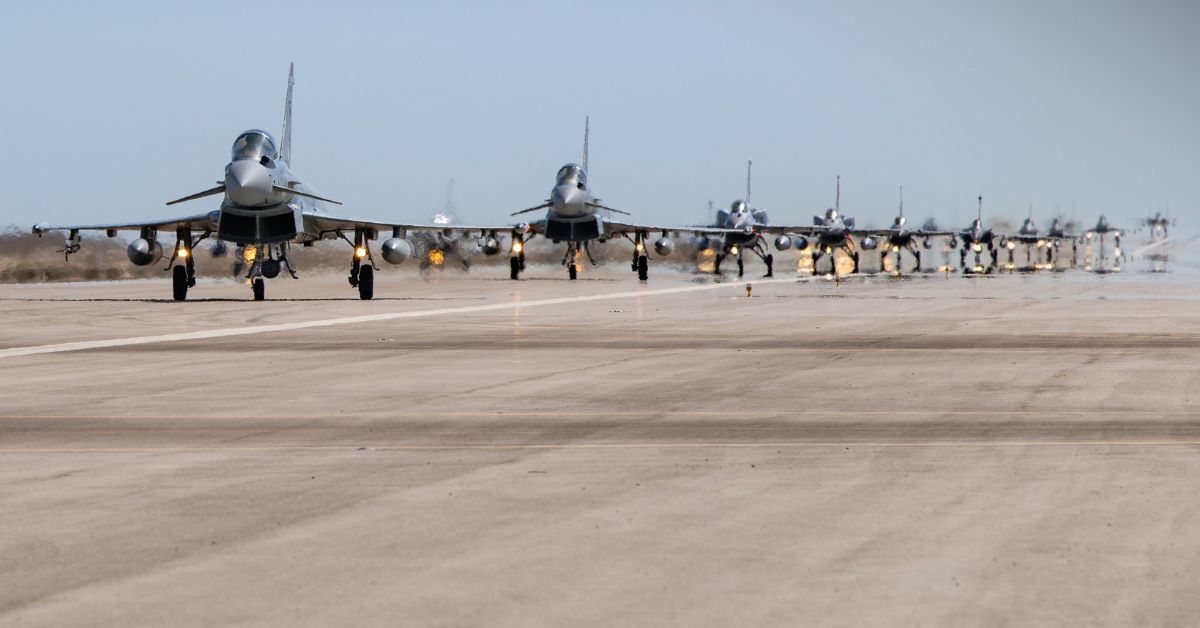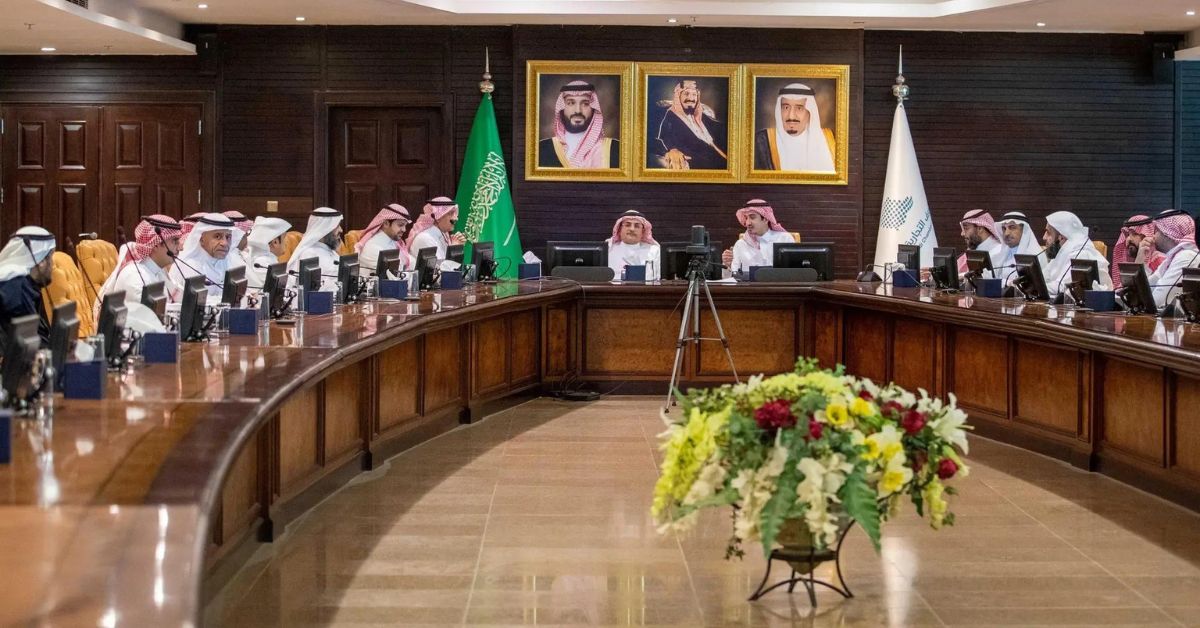RIYADH — The Gulf Cooperation Council (GCC) countries are steering towards an ambitious goal of self-reliance in defense capabilities, underlining a significant shift in the economic and strategic landscape of the region.
With the establishment of the first national committee for military industries in Saudi Arabia, under the Federation of Saudi Chambers, the region embarks on a journey to localize its defense industries.
This initiative, marked by the election of Salman bin Nasser Al-Shatri as chairman and Zeyad bin Abdulaziz Al-Mohaimeed as vice chairman of the committee, aims to integrate the private sector more closely with national defense objectives.
The formation of this committee is a strategic initiative for the GCC, aimed at reducing dependency on foreign military imports, bolstering regional economies, and harnessing local intellectual capital.
At A Glance * The Gulf Cooperation Council (GCC) countries aim for self-reliance in defense capabilities, marking a shift in the region's economic and strategic landscape. * Saudi Arabia establishes the first national committee for military industries under the Federation of Saudi Chambers, leading the region's defense industry localization efforts. * Salman bin Nasser Al-Shatri and Zeyad bin Abdulaziz Al-Mohaimeed elected as chairman and vice chairman of the committee, respectively, to integrate the private sector with national defense objectives. *This initiative seeks to reduce dependency on foreign military imports, bolster regional economies, and utilize local intellectual capital, aligning with Saudi Vision 2030. * The GCC's move towards domestic military production is aimed at diversifying from oil-dependent economies to sustainable growth sectors, enhancing technological sovereignty. * Historically significant importers of military equipment, the GCC countries face political and economic vulnerabilities due to reliance on international suppliers. * Localization of defense production is expected to spur economic growth, create jobs in high-tech sectors, and foster technological innovation with civilian applications. * Collaboration within the GCC, with countries specializing in different defense industry segments, is crucial for efficiency and reducing competition. * A comprehensive strategy involving government initiatives and industry efforts is key to achieving these goals, including participation in international defense consortia. * The initiative signifies a shift towards economic resilience, technological independence, and a greater role for the private sector in the GCC's economy and defense landscape.
The initiative is in alignment with the Saudi Vision 2030, aiming to nationalize the military industry by more than 50 percent by the end of the decade. This reflects a broader ambition within the GCC to diversify away from oil-dependent economies and towards sectors that promise sustainable growth and technological sovereignty.
The GCC countries have historically been among the world’s largest importers of military equipment, directing significant portions of their defense budgets towards foreign arms. This reliance on international suppliers exposes the region to political and economic vulnerabilities, including fluctuating policies and potential supply chain disruptions. By localizing defense production, the GCC aims to mitigate these risks, fostering a more stable and autonomous strategic posture.
Economically, the shift towards domestic military production is expected to yield significant dividends. Investment in local industries is projected to generate a substantial macro-economic impact, turning defense spending into a catalyst for regional economic growth.
Salman bin Nasser Al-Shatri and Zeyad bin Abdulaziz Al-Mohaimeed have been elected as chairman and vice chairman, respectively, to integrate the private sector with Saudi Arabia’s national defense objectives.
The initiative opens new avenues for job creation, especially for the region’s young and well-educated population, in high-tech sectors such as engineering and R&D.
Technological sovereignty is another cornerstone of this strategy. The move towards indigenous military solutions aims to overcome the limitations of “black box” technology imports, which do not confer Intellectual Property (IP) rights to the purchaser.
By developing local defense technologies, the GCC not only aims to enhance its military capabilities but also to foster innovation in dual-use technologies that have civilian applications as well.
Collaboration within the GCC is seen as key to the success of this initiative. A regional approach, where countries specialize in different segments of the defense industry based on their unique strengths, is advocated to maximize efficiency and avoid unnecessary competition. This could see countries like the UAE focusing on maritime defense, while Saudi Arabia could concentrate on air defense capabilities.

The path towards achieving these ambitious goals involves a comprehensive strategy that includes both top-down governmental initiatives and bottom-up industry efforts.
This includes participating in international defense consortia, localizing the manufacture of high-demand military components, and fostering a supportive ecosystem for the defense industry.
This strategic move by the GCC not only signifies a shift towards greater economic resilience and technological independence but also reflects a broader transformation in the role of the private sector in the region.
Moving from a state-led, oil-dependent economic model to one that encompasses greater private sector participation, the initiative aims to catalyze innovation, improve service delivery, and enhance infrastructure across the GCC, a Deloitte’s white paper had pointed out in 2022.
As these countries navigate the complexities of this transformative journey, the initiative presents an opportunity to redefine the GCC’s role in the global defense landscape, marking a significant step towards economic diversification and strategic autonomy.








